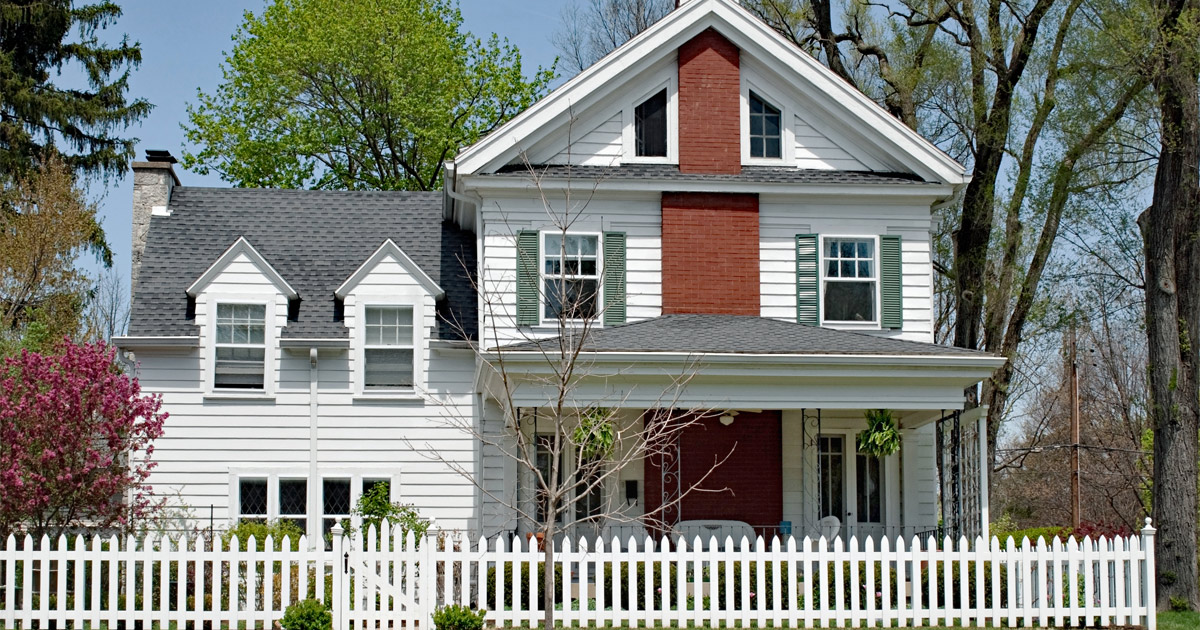
When a couple files for divorce, several important issues must be resolved, including custody and child support, spousal support, and the distribution of marital property. When it comes to marital property, the family home is often the most significant asset, yet dividing the marital home can be complicated.
Unlike community property states which automatically split all marital assets equally down the middle, New Jersey is an equitable distribution state, which means that the marital assets are divided in an equitable manner the court deems fair. If you have questions about what will happen to the family home during your divorce, an attorney will discuss the pros and cons of selling your house, ensure your legal rights are protected, and help you navigate every step of the divorce process.
Is the House Considered Marital Property?
If you and your spouse purchased the home after marriage, it is likely considered marital property and will be subject to equitable distribution. This applies even if only your or your spouse’s name is on the mortgage. When determining whether a home is considered marital property versus separate property, the court is more concerned about when and how the property was purchased than whose name is on the mortgage. Keep in mind, even if your spouse bought the home before you were married, the property may be considered marital property if you took over the mortgage payments, contributed financially to maintenance or home improvement projects, or made other significant non-financial contributions, like maintaining the upkeep of the home. A judge will consider a range of factors when distributing marital property, including the following:
- The duration of the marriage.
- The age and health of both spouses.
- The couple’s standard of living during the marriage.
- The income and property that each spouse brought to the marriage.
- The financial circumstances of each spouse at the time of the divorce.
- The earning capacity of each spouse.
- Debts and liabilities of each spouse.
- Child custody and the economic needs of the children.
How Is the Marital Home Typically Divided?
The process of dividing a marital home can be complex, particularly if you and your spouse cannot agree on what to do with the house. You and your spouse will typically have three options when it comes to dividing and distributing your marital home, including the following:
- Sell the house. You and your spouse can sell the house and split the proceeds in a manner that is considered fair. In some cases, this may be the only viable option if you and your spouse cannot buy out the other and maintain the cost of the home.
- One spouse buys out the other. Another option is for one spouse to buy out the other spouse’s equity. Depending on the circumstances, the mortgage may need to be refinanced. The divorce agreement will specify who is responsible for paying the costs associated with the buyout.
- Maintain the status quo. In this scenario, both spouses maintain joint ownership of the home. Couples often choose this option if they have children and want to maintain consistency as much as possible. One spouse may move out, or both spouses will take turns staying in the house with the children.
When Is the Best Time to Sell the Marital Home?
If you and your spouse have decided to sell your house, you may hold off on listing your home until the divorce has been finalized. However, there may be advantages to selling your house before you get wrapped up in the divorce process, including the following:
- Buyers are unaware of your motivation to sell.
- The value of your home is protected.
- You do not give up any negotiating power as a seller.
- You may avoid disputes about who gets to stay in the home and who pays for the maintenance of the home.
Metuchen Divorce Attorneys at Wiley Lavender Maknoor, PC Assist Clients With the Distribution of the Family Home
If you and your spouse are seeking a divorce and considering selling your house, contact our Metuchen divorce attorneys at Wiley Lavender Maknoor, PC. To schedule a free consultation, call us at 732-494-6099 or contact us online. Located in Metuchen, New Jersey, we serve clients in Middlesex County, Monmouth County, Union County, and Somerset County.
 Google Screened
Google Screened
